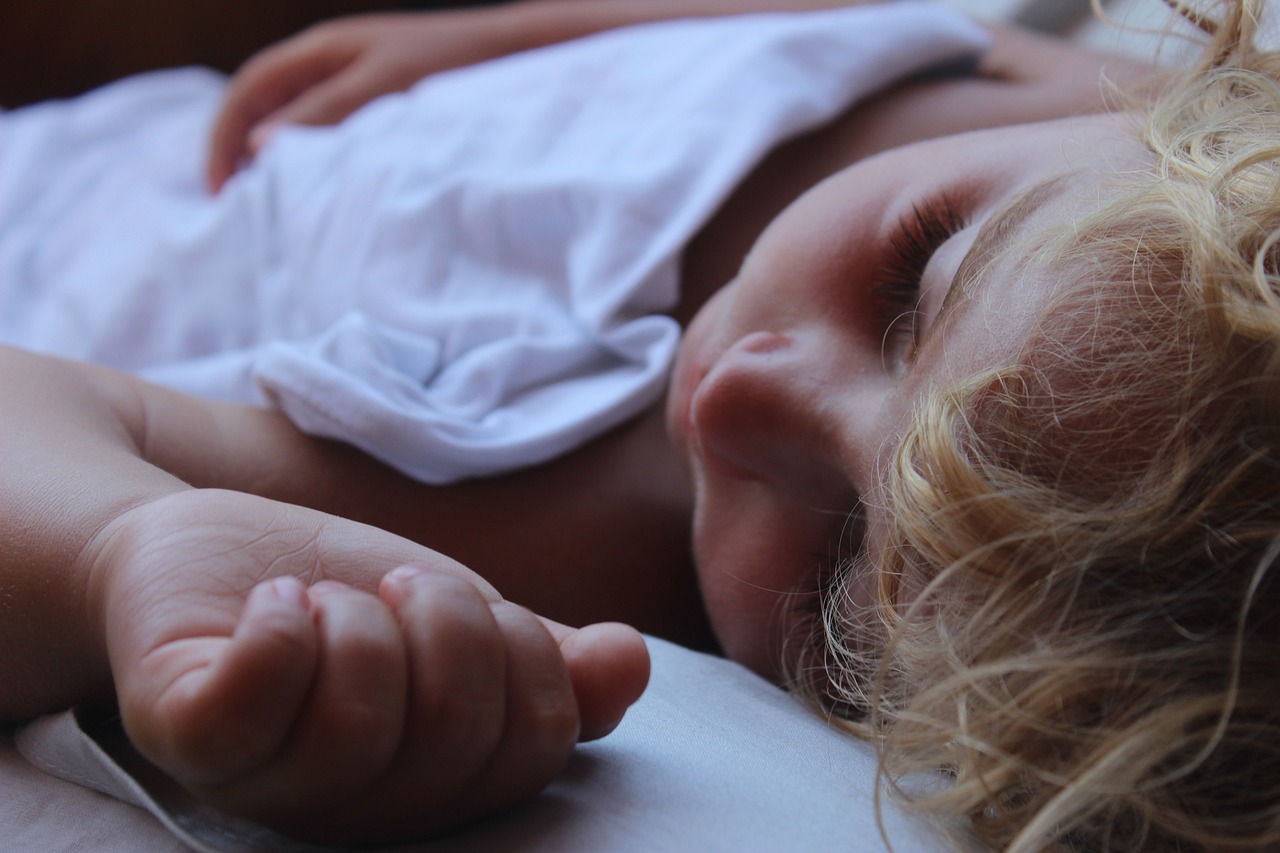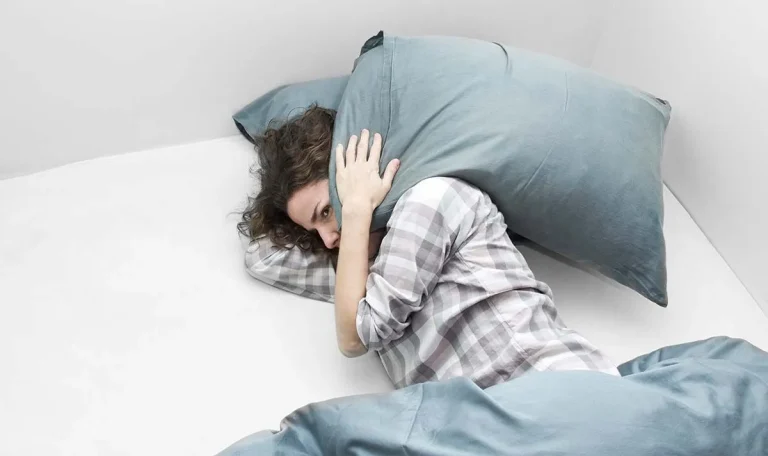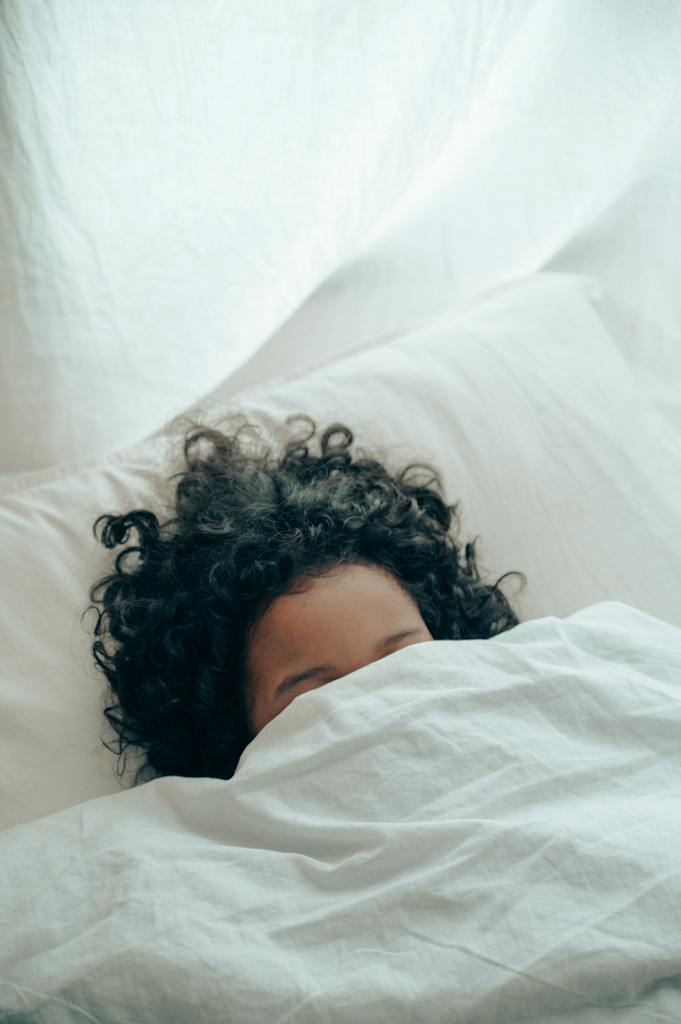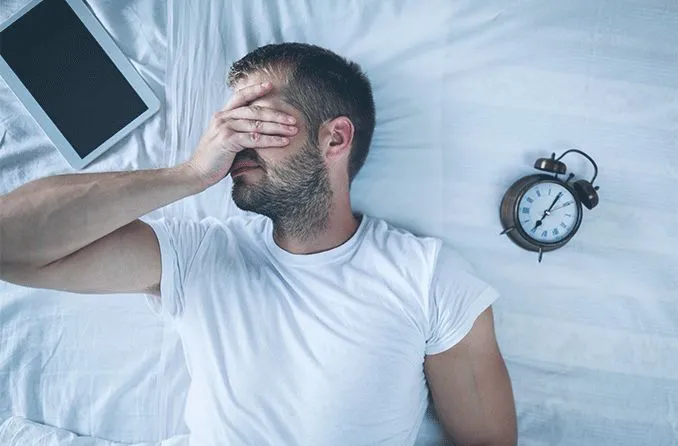How Can A Lack Of Natural Daylight Affect Sleep Patterns In Busy Adults?
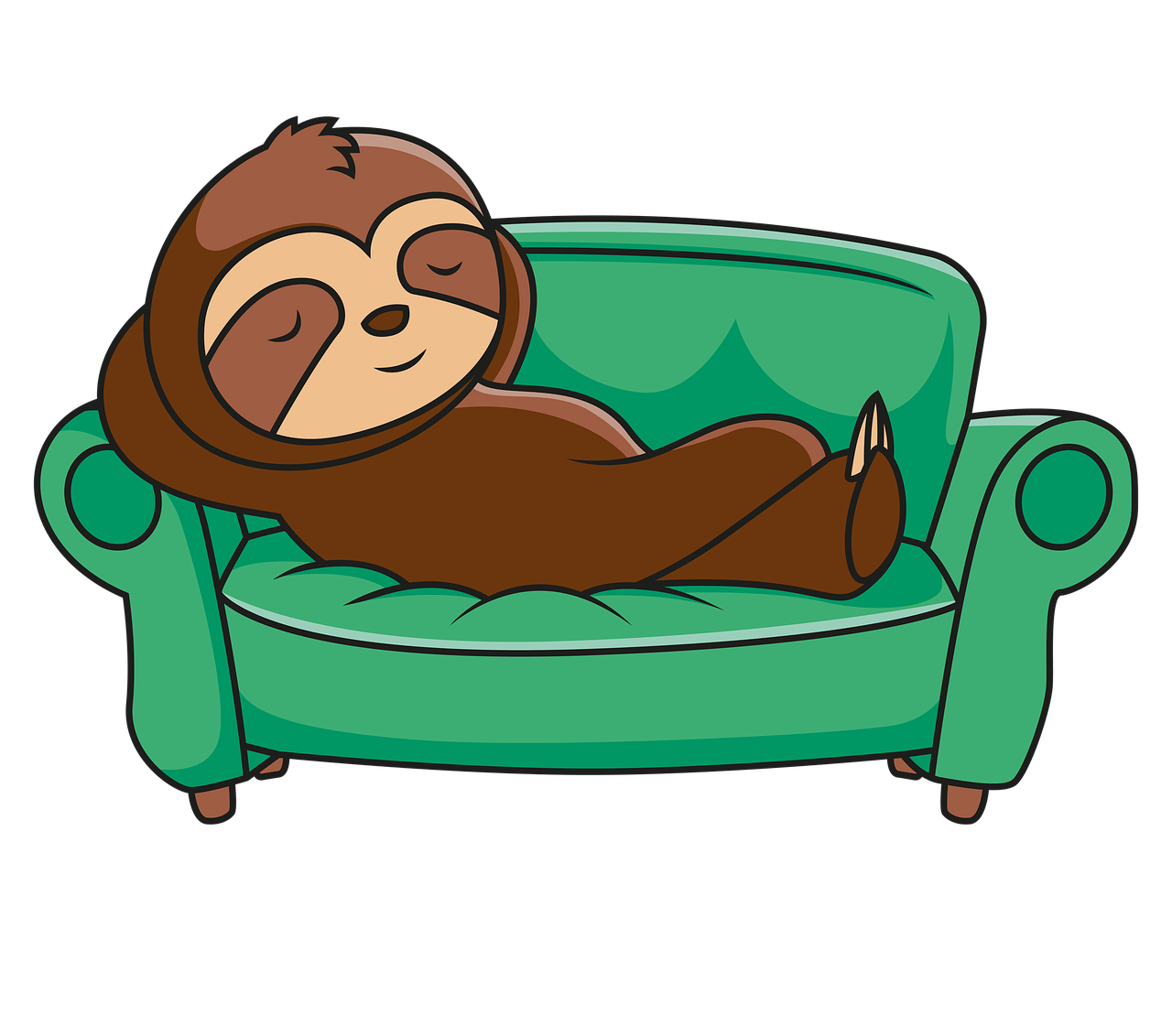
Have you ever wondered how a lack of natural daylight might be impacting your sleep patterns? It’s a question more relevant now than ever, especially for busy adults juggling work, family, and personal responsibilities. The absence of natural light in our daily lives not only affects our mood and overall well-being but also has profound impacts on our sleep patterns.
Understanding the Importance of Natural Daylight
Natural daylight plays a crucial role in regulating our circadian rhythms, the internal clock that dictates when we feel awake and when we feel sleepy. This biological clock is heavily influenced by the blue light spectrum found in natural sunlight. When you are exposed to natural light during the day, it signals your brain to release serotonin, a hormone that helps you feel awake and alert. Conversely, as daylight fades, your brain starts producing melatonin, a hormone that induces sleepiness.
How Modern Lifestyles Limit Daylight Exposure
Living in urban environments and working long hours indoors can severely limit your exposure to natural daylight. Many busy adults find themselves spending the majority of their day under artificial lighting, which lacks the full spectrum of natural sunlight. Whether you commute in early before the sun rises or leave your office after it sets, finding time for daylight exposure can be a challenge.
Impacts of Reduced Daylight on Sleep Patterns
Sleep Onset and Quality
Lack of exposure to natural light can delay sleep onset, making it difficult for you to fall asleep at night. This can lead to inconsistent sleep schedules and ultimately poor sleep quality. You might find yourself tossing and turning or experiencing restless nights, as your circadian rhythm remains unaligned with natural cycles.
Daytime Sleepiness and Fatigue
Without sufficient daylight exposure, your serotonin levels can drop, leaving you feeling groggy and tired throughout the day. This can affect your productivity and increase your reliance on stimulants like caffeine to stay awake, which can further disrupt your sleep patterns.
Mood Disorders
Limited daylight exposure has been linked to mood disorders such as Seasonal Affective Disorder (SAD), which is particularly prevalent in the winter months when daylight is scarce. Experiencing lower levels of natural light can affect your mental health, making it even more challenging to maintain a balanced and healthy lifestyle.
Impact on Health and Well-being
Disrupted sleep patterns can have a cascading effect on your overall health. Issues such as weight gain, weakened immune function, and increased stress levels can all stem from inadequate sleep, creating a cycle that is hard to break without addressing the root cause—sufficient exposure to natural daylight.
Strategies to Improve Daylight Exposure and Sleep
Prioritize Morning Light
Try to spend at least 30 minutes outside in the natural light every morning. This can be as simple as taking a walk, having your coffee on the balcony, or using a light therapy lamp if outdoor exposure is not feasible.
Optimize Your Workspace
If you work indoors, arrange your workspace near a window to maximize your daily exposure to natural light. Removing heavy curtains or blinds during the day can also help provide a more natural lighting environment.
Get Active Outdoors
Incorporate outdoor activities into your daily routine. Whether it’s jogging, biking, or walking during lunch breaks, any effort to get outside can significantly impact your sleep patterns positively.
Consistent Sleep Schedule
Keeping a regular sleep schedule can help your body recognize when it’s time to wind down and get ready for bed. Aim to go to bed and wake up at the same times each day, even on weekends.
Limit Blue Light at Night
Electronic screens emit blue light, which can interfere with melatonin production. Try to limit screen time in the hour before bed or use blue light filters to mitigate its impact.
Vector Sleep Diagnostic Center: Your Ally in Sleep Health
About Vector Sleep Diagnostic Center
Where Expertise and Compassion Converge At Vector Sleep Diagnostic Center, our team is led by the esteemed Dr. Dmitriy Kolesnik, a Veteran Sleep Medicine Specialist with over two decades of medical experience. Dr. Kolesnik is board-certified by the American Board of Sleep Medicine, Psychiatry, and Neurology, and has built a remarkable career dedicated to improving sleep health.
Led by a Veteran Sleep Medicine Specialist
Dr. Kolesnik’s journey began at St. Petersburg Medical School in Russia and continued in New York in the early 1990s. His specializations in Sleep Medicine and Neurology make him a highly knowledgeable and effective leader. Since 2004, he has served as a Clinical Instructor in Neurology at the Weill Medical College of Cornell University, blending academic insight with clinical excellence.
A Legacy of Comprehensive Care
As the Medical Director at Vector Sleep Diagnostic Center since 2009, Dr. Kolesnik has championed the use of cutting-edge technologies and evidence-based practices. Our team is committed to personalized, effective, and compassionate care for all patients, ensuring that your sleep health is always a priority.
Why Choose Vector for Consultation and Education?
When you consult our specialists at Vector, you’re entrusting your sleep health to experts equipped with the latest technologies and knowledge. We help you identify, understand, and manage your sleep disorders to enhance your quality of life. Below are some of the specialized services we offer:
Sleep Studies and Specialized Evaluations
Our sleep studies are designed to provide detailed insights into your sleep patterns and help diagnose any underlying disorders. From overnight polysomnography to home sleep apnea tests, we offer a comprehensive range of studies to tailor treatment to your needs.
Comprehensive Sleep Apnea Care
Sleep apnea is a common yet serious condition that can significantly impact your sleep quality and overall health. Our services include CPAP Titration and Durable Medical Equipment (DME) setup to ensure you receive the most effective treatment.
Insomnia Solutions
Insomnia can severely affect your life. Our specialized evaluations and treatments are designed to address the root causes of your sleeplessness, allowing you to reclaim restful nights.
Follow-Up and Continuous Care
At Vector Sleep Diagnostic Center, we believe in a continuum of care. Our follow-up programs ensure your treatment remains effective and adjusted to meet your evolving needs.
Sleep Education: Empowering You for Lifelong Sleep Health
Knowledge is power, and our sleep education program offers various resources to help you understand and manage your sleep health better. These include interactive workshops, educational brochures, online modules, and one-on-one counseling.

Closing Thoughts
Addressing a lack of natural daylight is essential for maintaining healthy sleep patterns, especially for busy adults. Simple changes in your daily routine can significantly enhance your exposure to natural light, thereby better aligning your circadian rhythms. If you continue to experience sleep issues, seeking professional guidance can make a world of difference.
The experts at Vector Sleep Diagnostic Center are dedicated to helping you achieve better sleep through comprehensive evaluations and tailored treatments. You deserve optimal sleep health, and with the right support and care, better nights are within reach.
If you’re struggling with sleep issues, contact Vector Sleep Diagnostic Center today to schedule your initial consultation. Trust your sleep health to the experts and take the first step toward a better quality of life.
For more information or to make an appointment:
- Address: 26, 62-60 99th St, Rego Park, NY 11374
- Phone: (718) 830-2800
- Email: vectorsleep@gmail.com

